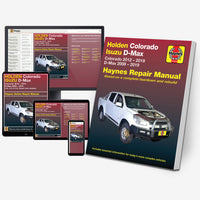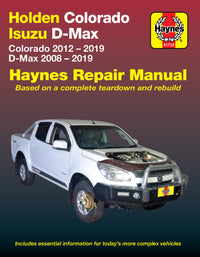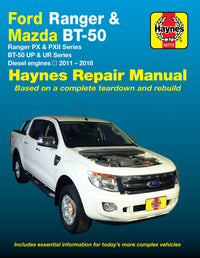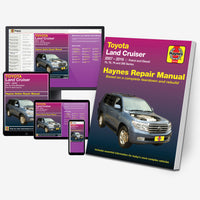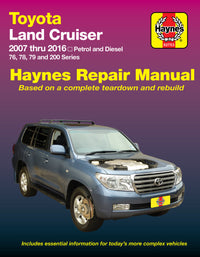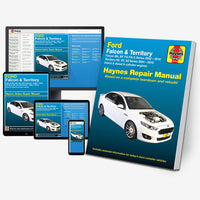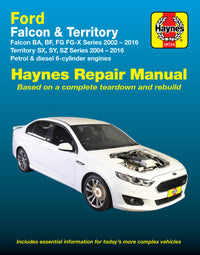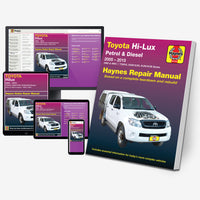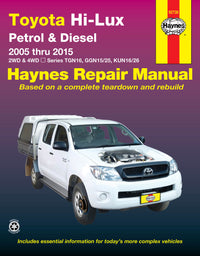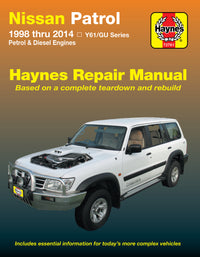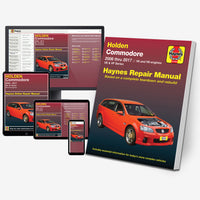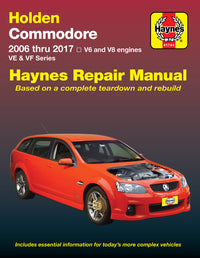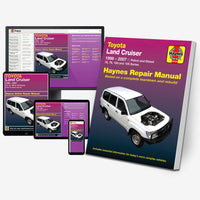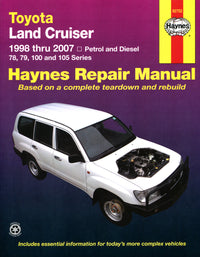My car’s engine has always suffered from noisy hydraulic tappets. Not all the time, I grant you, but leave it unused for a few days, and on start up the 3.0-litre straight-six motor sounds like a tractor.
As soon as the engine gets up to normal operating temperature and the revs stay above 2000rpm for a few minutes, the tappet noise disappears. If I use the car every day, the noise doesn’t occur at all but, having looked through various BMW forums online, it seems to be a common complaint.

‘Bleeding’ to fix tappets
Initially, BMW issued a TSB (Technical Service Bulletin) on the subject, advising their technicians of a ‘bleeding’ procedure. This involved running the engine at above 2000rpm for 10 minutes or so. Basically, the same thing I’d already done. Which meant the noise returned if the car was left unused for a couple of days.
BMW assured everyone that the noise wouldn’t cause any damage, but still the complaints came. BMW even replaced cylinder heads under warranty in an attempt to cure the problem – successful, but what a cost!
Later TSBs advised changing the exhaust side hydraulic tappets, but the forums are full of various remedies/causes, including using a specific brand/specification of oil. It’s really difficult to know what to do for the best.

Replacing exhaust tappets
Changing the exhaust tappets sounds sensible, but each of those is approximately $28 here in the UK. I’ll need 12 of them, plus a new cam cover gasket, and because the engine is equipped with the Valvetronic system, removing the cam cover and exhaust camshaft is not the work of a few minutes.
If I have to change the tappets I will, but first I wanted to try something that would require significantly less work.
I’ve never been one to use oil additives. The claims made by the manufacturers often seem far-fetched and the OEM manufacturers universally advise against their use, often denying warranty claims if their use is detected.
But faced with a hefty bill, and with no warranty cover applying to my car, I did some internet-based research and decided to try Liqui Moly Hydraulic Lifter Additive – more commonly known as Molyslip valve lifter treatment (not to be confused with other brands).
The additive claims to ‘clean’ the tappets and eliminate the noise. Reviews on the internet were mostly positive, with no one reporting any damage, so I added a canful to the engine.
Liqui Moly tappet stop noise?
Initially, there was no audible improvement, but after about 100km of use I realised that the tappets were no longer noisy after being left for a few days.
That was a couple of weeks ago and they still aren’t noisy. Everything else seems fine still, so have I stumbled upon an additive that actually works? It seems so.
Will it work for you? Well, with the aforementioned warning about invalidating your warranty (if applicable) ringing in your ears, and a good dose of caveat emptor thrown in, it may be worth considering as a first step. After all, it only costs around $20. Then, if you don't get a noticeable improvement, you know you're going have to dig out your Haynes Manual and get ordering some parts.
You may also be wondering if you’ll need to add a fresh can during every engine oil change. Looking at the online forums again, opinion is divided. The additive manufacturers advise adding a can every time, but user reviews often claim it's not necessary.
Personally, I'll probably add some every oil change – it's not expensive.

